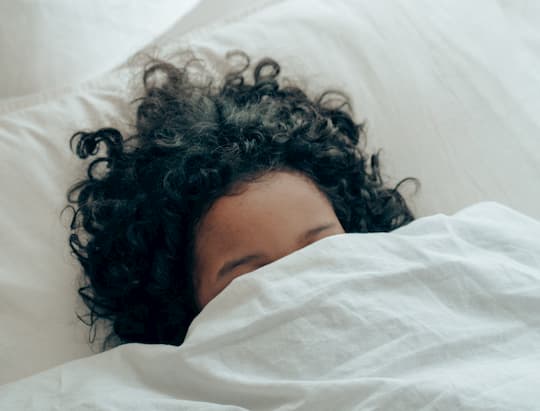Acceptance of trauma can also help to reduce its damaging effects.
Women who have experienced trauma are more likely to suffer sleep problems, new research finds.
Childhood traumas include things like abuse, death of a relative, family member in jail, addiction and divorce.
In many cases, psychological abuse or neglect can be just as damaging as physical or sexual abuse.
Traumas during childhood are especially likely to cause sleep problems — including waking repeatedly in the night.
However, adult traumas are also likely to lead to poorer sleep.
Dr. Karen Jakubowski, the study’s first author, said:
“This study provides further support that poor sleep is common in midlife women.
In addition, it highlights the adverse sleep sequelae of trauma exposure in midlife women, demonstrating that childhood and adult trauma are related to poor objective sleep continuity and subjective sleep quality, independent of sleep risk factors and depressive symptoms.”
The study included 166 women aged 40 to 60 who were tracked over 5 years.
Over one-third had experienced childhood trauma (44 percent), while almost two-thirds had experience trauma as an adult (61 percent).
Trauma during adulthood was most strongly linked to short sleep, while childhood trauma tended to lead to wakefulness during the night.
Dr Stephanie Faubion, study co-author, said:
“Sleep quality is such an important part of a woman’s overall quality of life, affecting her health as well as her cognitive functioning.
That’s why it’s important for healthcare providers to be aware of all the factors that can affect a woman’s ability to sleep, including a history of trauma.”
Dealing with trauma
Previous research has shown that positive childhood experiences play an important role in keeping people healthy — particularly among those who have experienced adversity as children.
Positive experiences can include:
- Good friends and neighbours,
- opportunities to have fun,
- feeling safe with caregiver,
- predictable home routines,
- regular mealtimes,
- and caring teachers.
All of these can help to reduce the harmful effects of childhood trauma.
Acceptance of childhood trauma can also help to reduce its damaging effects.
The study was presented at the Annual Meeting of The North American Menopause Society (Jakubowski et al., 2020).

